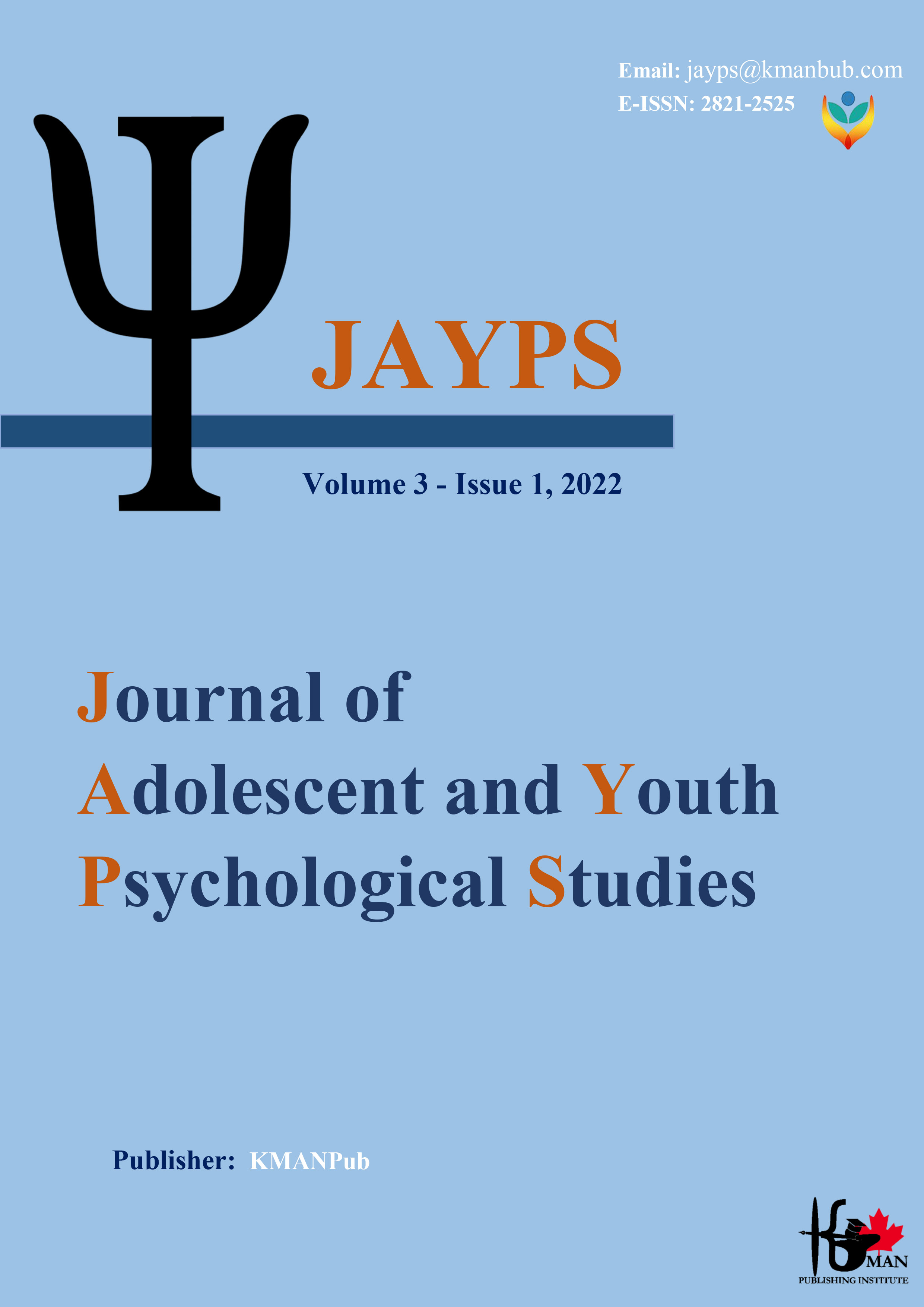The lived experience of self-concept and childhood traumas of people with sexual addiction disorder with healthy people
Keywords:
self-concept, childhood traumas, sexual addiction disorderAbstract
Background and Aim: Sexual addiction is a mental disorder with unpleasant personal, interpersonal, legal, social and physical consequences. Sexual addiction is mainly rooted in unpleasant experiences in the family and in childhood. The purpose of this study was to investigate the lived experience of self-concept and childhood traumas of people with sexual addiction disorder. Method: In the qualitative part of this study, 10 patients with sex addiction in Tehran city were selected in 2022 by purposive sampling method. In the present study, the revised sex addiction screening test by Carnes et al. (2010) was used for screening. In the qualitative part, the method proposed by Van Manen (2016) was used for data analysis. Results: The results in the qualitative part were categorized into 4 main themes "denial", "punishment for more resilience", "despair against hope" and "negative self-concept" and 9 sub-themes. Conclusion: These results have important implications of the role of unpleasant experiences in the family on the sexual behavior of people in the later years of life. So that those who have negative self-concept and more childhood trauma are more prone to sexual addiction disorder.
Downloads
Downloads
Published
Submitted
Revised
Accepted
Issue
Section
License

This work is licensed under a Creative Commons Attribution-NonCommercial 4.0 International License.









